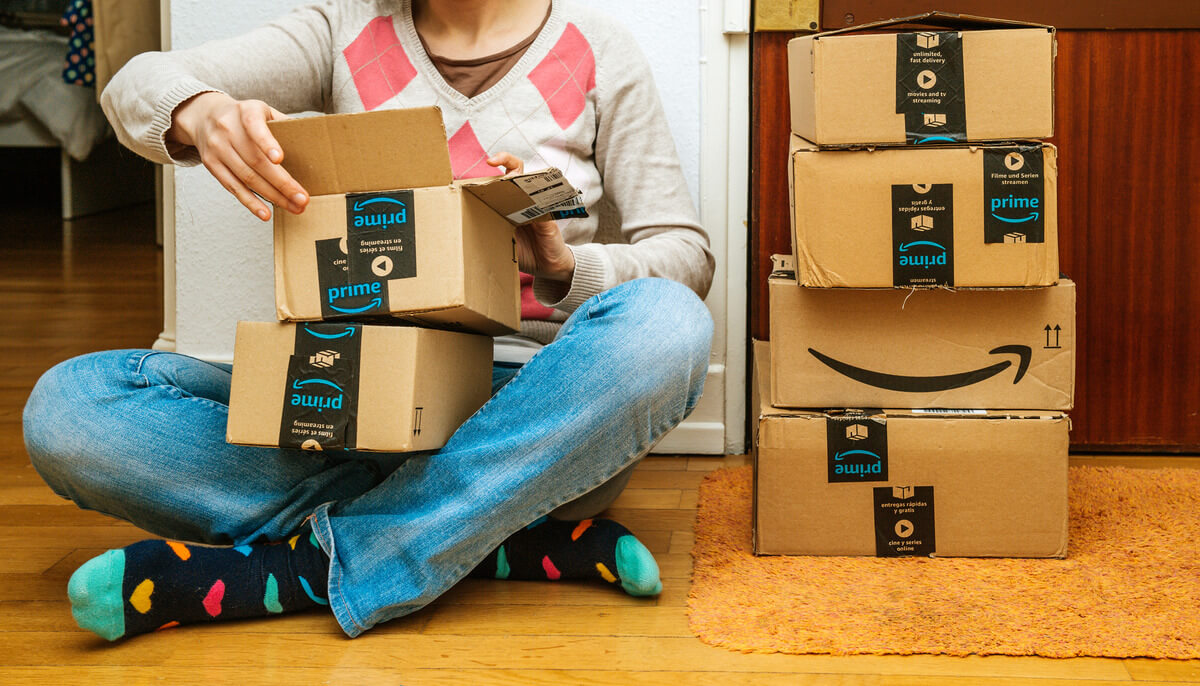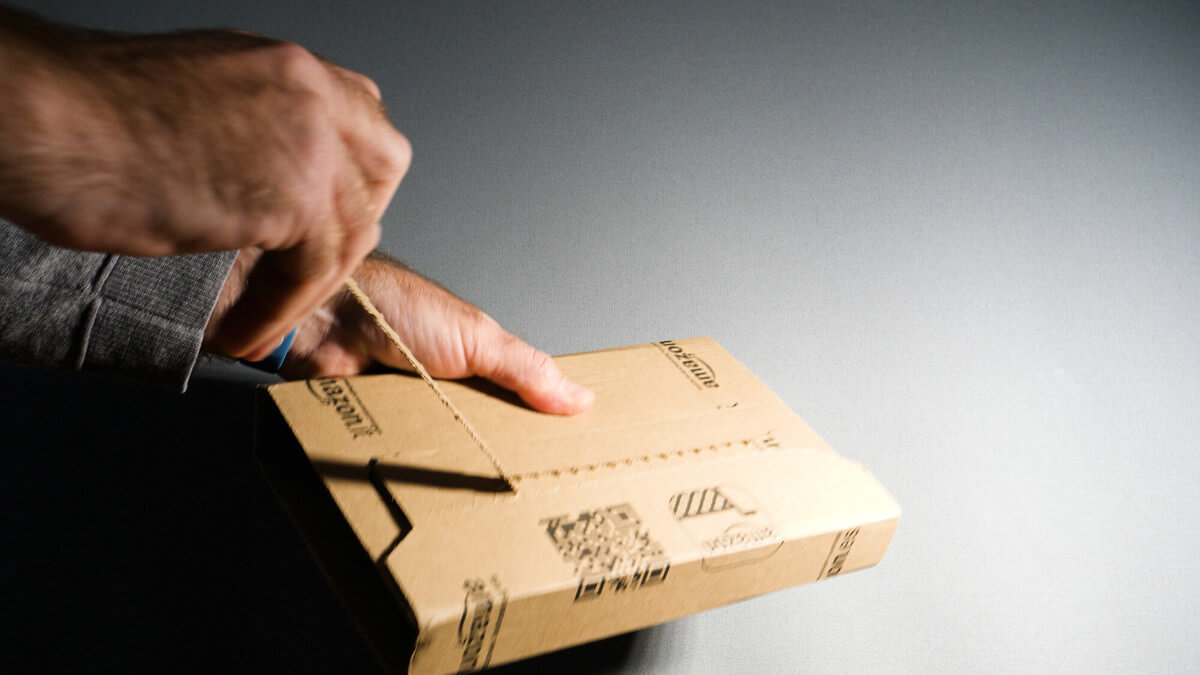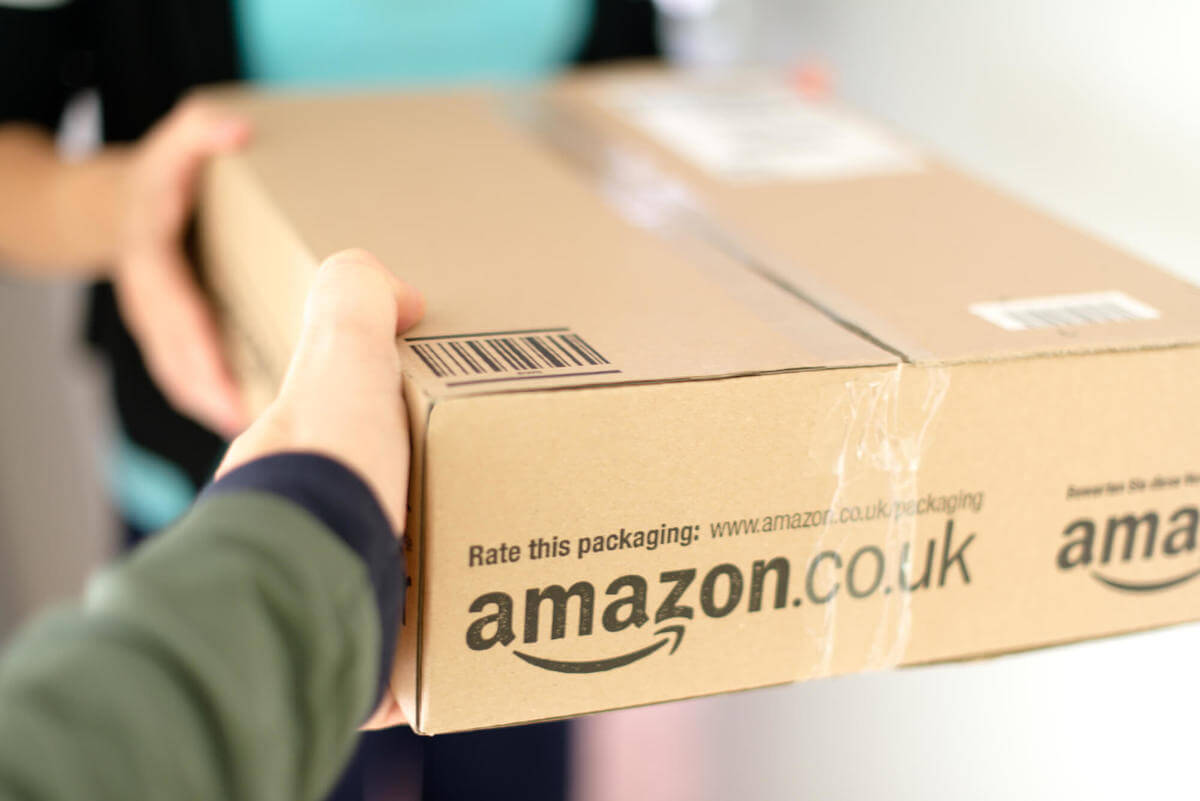
Working with eCommerce, there are two terms that are applied to products people sell on Amazon. These are white and private labels. Both of them determine the items which you sell, but still, one can find some differences between these labels. In this article, you will get to know some significant features which play a great role in selling goods online.
Working with eCommerce, there are two terms that are applied to products people sell on Amazon. These are: white label and private label. Both of them determine the items you sell, but still, one can find some differences between these labels. In this article, you will get to know some significant features which play a great role in selling goods online.
Get any plan for Free!
Sellbery strives to help sellers overcome any drop in sales due to COVID-19.
Therefore, All seller plans are FREE till October 1, 2021!
Start selling on more marketplaces like Amazon, eBay & Etsy without paying a penny!
Private Label Product: Definition and Features
A Private Label Product is the one manufactured by one company (brand) to be sold under another company’s or retailer’s brand. These retailer companies provide all the product specifications on their stores and pay for the product production and delivery to them.
For example. Imagine you are going to sell products of such a famous brand like Adidas, for example. This is considered to be a private label product. So, private labels are a group of goods which are delivered directly to you from the producers. These items are marketed under their own brand and must be sold as the exclusive item.
As a rule, it is a bit cheaper to sell such products as national brands and the most important aspect here is that you may earn a lot of money, in case if you trade them correctly.
There is a great variety of private label products which are sold all over the world. For example, such a famous brand as Nike. Only their credible partners deliver the goods. Nike places the brand tags, conducts quality control, and then trades. Many different clothing, makeup, and food companies work according to the same scheme. As you pay for the output of private-label goods only, this model of business can increase your income several times.
In fact, private labels are mostly used for physical goods. There are plenty of cosmetic products, clothing, and home items, etc., marked with private labels. Along with it, the majority of people do not even know about the actual origin of products.
Private Label Examples
The main advantage of the private label is the low price of the products. In most cases, private labels are popular among large marketplaces and supermarkets.
1. Heinz baked beans (Tesco Value)
Tesco is a famous British supermarket, where you can find a wide range of brands and own branded products. For example, Tesco sells Heinz baked beans, but at the same time, sells Tesco Value baked beans which are quite similar to Heinz’ ones. Here is an example of a private label and its advantages. In Tesco, you can purchase very items like Tesco Value beans if you can’t (or don’t want) afford branded ones. Almost all large supermarkets, like Walmart, are also using this selling model.
2. Amazon Basics (owned by Amazon)
This private-label on Amazon marketplace and is the best-selling private-label brand. Amazon Basics offers a wide range of office suppliers, tech accessories, and home goods.
3. Kirkland (owned by Costco)
Kirkland is a Costco’s house brand and subsidiary, which produces products under the Kirkland Signature brand. Do you know that Kirkland coffee is ‘inspired’ by Starbucks coffee? And even it says “Custom roasted by Starbucks.”
The beauty industry is a thriving space for entrepreneurs leveraging private labeling. If you’re considering entering this market, platforms like Maker’s Row can help you get started with private label cosmetics, offering access to vetted manufacturers and customizable, high-end formulations.
White Label Product: What Is It?
White Label Products are products or services produced or provided by one company (brand), that other retailers rebrand and sell under their own trademark (brand and logo). White labeling happens when manufacturer companies remove their “brand and logo” elements from the end products and apply the branding requested by the purchaser or retailer.
What does it mean? Along with the private label products, there are generic goods that are produced by one single manufacturer, but other retailers can do rebranding and sell these items as their own merchandise. These are white label products. As the producers have already worked with their goods, it means that you, as a retailer, cannot set some additional options according to your own specifications. The only things you may change are marketing, package, and branding.
If your own company has a popular brand, this means that you can mark your items as your own and let your popular brand work on your new product marketing and advertising. As there is no need to explore the new merch and market, a seller gets a higher profit and lower price for developing a new product. Moreover, you will not need to spend much time on the new product line launch, as everything is ready.
It is rather difficult to list the most successful examples of white label products, as the producers of such goods are anonymous. This kind of label is also used in software as a service (SaaS), but can also be used in real services.
White-Label Examples
White-label brings this world more opportunities for marketing, as one factory can produce for different brands, while the difference can be just in branding.
1. Cosmetics. A well-known example is Kylie Jenner’s beauty brand, produced by private label company Seed Beauty, which also produces beauty items for ColorPop. The difference in branding, but prices are higher in Kylie’s brand.
2. Coffee. Coffee is a popular product to sell and use a white-label selling model. If you are interested in this product and willing to sell, go to a white label coffee bean seller – Dripshipper. It even integrates with a Shopify store.
3. T-shirts. One of the most popular product categories to sell. And, it’s very convenient to create your own branded, designed t-shirts but outsource production to white label companies while focusing on branding and sales.
4. Mugs. Same as with t-shirts, you can sell your designed mugs, but buying products from the white-label company. You can add your brand’s logos, custom designs, and packaging, or create the unique items with the white-label company.
5. Essential oils. Many companies offer custom packaging and bottling options making white label essential oils an easy category to get into without ever touching the product, and working with Zenpack’s custom packaging services illustrates how brands can develop distinctive, ready-to-sell products without managing production themselves.
Private Label vs White Label: Main Differences
To determine differences, let’s talk about similarities first. Both private and white label products are created by some manufacturers.
- You, as a seller, are able to control all the marketing and advertising campaigns.
- It is possible to rename the products.
- The producers of goods do not have any trademarks on the items you buy.
These points seem to be a little bit confusing, right? But in fact, we have some insignia here. Go off focusing on the most significant of them.
1. Customization.
- Talking about white label products, in this case, all the items have been already produced before you make a deal with the manufacturer. So, the only thing you may customize is the packing.
- As for private label products, where retailers are able to customize goods, it is also possible to sell items which look different to your buyers (even if the manufacturer sells a variation of your product to another retailer).
2. The exclusivity of products.
- Retailers who deal with private label products can send all the specifications of goods to their producers, which means that other retailers will not be able to sell similar items.
- White label products are not unique and exclusive as the producers offer the same goods to different sellers, but not to you only.
3. Cost and ROI
- Selling white label products, you need to advertise them a lot, because of the big amount of competitors. If you complete all the marketing strategies correctly, such a business can increase your income by several times.
- Trading private label products, you need to pay much for private trademarks as you get all the necessary info from product research, product development, and up to marketing. But ROI here is expected to be rather high, as you will be a seller of unique and exclusive items.
4. Products themselves.
- Private label products are considered to be mostly physical items such as clothing, for example. These goods are produced by manufacturers and resold under retailers.
- White label products nowadays are considered to be something non-physical like services or software which are distributed to retailers who resell them as their own.
The benefits of white labelling
White labelling allows sellers to focus on the marketing side of the business, while outsourcing production to a third party – a white-label company.
- If you are not an artisan and don’t have ideas for a new product but want an eCommerce business – choose white labelling.
- It allows sellers to start a business quickly.
- There is no significant investment needed, as you are not paying for establishing production.
- Suitable for merch or side projects, like monetization of the existing brand (e.g. blog)
- High customers’ trust, as when a client sees your name attached to a white-label company, they will associate it with quality and trust in your brand.
What is Better to Use: White Label or Private Label?
If you have ever wondered about the challenges of creating your own goods and brand, you must understand that working with white label products is much easier. Actually, if it is your first experience in eCommerce and selling goods online, you may spend a lot of money but do not get any income. In this case, dealing with white labeling is the best practice for you. Moreover, this kind of merch will save your time and money.
Whether you should sell white or private label products depends on the goods themselves. But it goes without saying that taking a product that has already been created and rebranding it is far easier than inventing your own from scratch. What to choose white or private label products also depends on the business itself. In some cases, sellers are trying to find something that is less expensive and others desire a dependable and well-recognized brand.
Summary
Both private and white labeling give new sellers an opportunity to start their own business without building special warehouses, and hire people who will work on different points not to let different challenges appear.
There are pros and cons for working with both labels, but it is not necessary to choose the best one. You just need to understand and decide what kind of business you have and what products you need for it. Ultimately, the type of product you choose should fit your brand, resources, business goals, and commitment level since any eCommerce business requires hard work.
- Forever Free 99 SKU Plan — the best offer on the market.
- Pain-free integrations with the largest marketplaces to sell your products in 50+ countries.
- Free & Easy connection to Google Merchant for an unlimited product upload to start Google Smart Shopping Campaigns.
Was this news helpful?









 Yes, great stuff!
Yes, great stuff! I’m not sure
I’m not sure No, doesn’t relate
No, doesn’t relate



